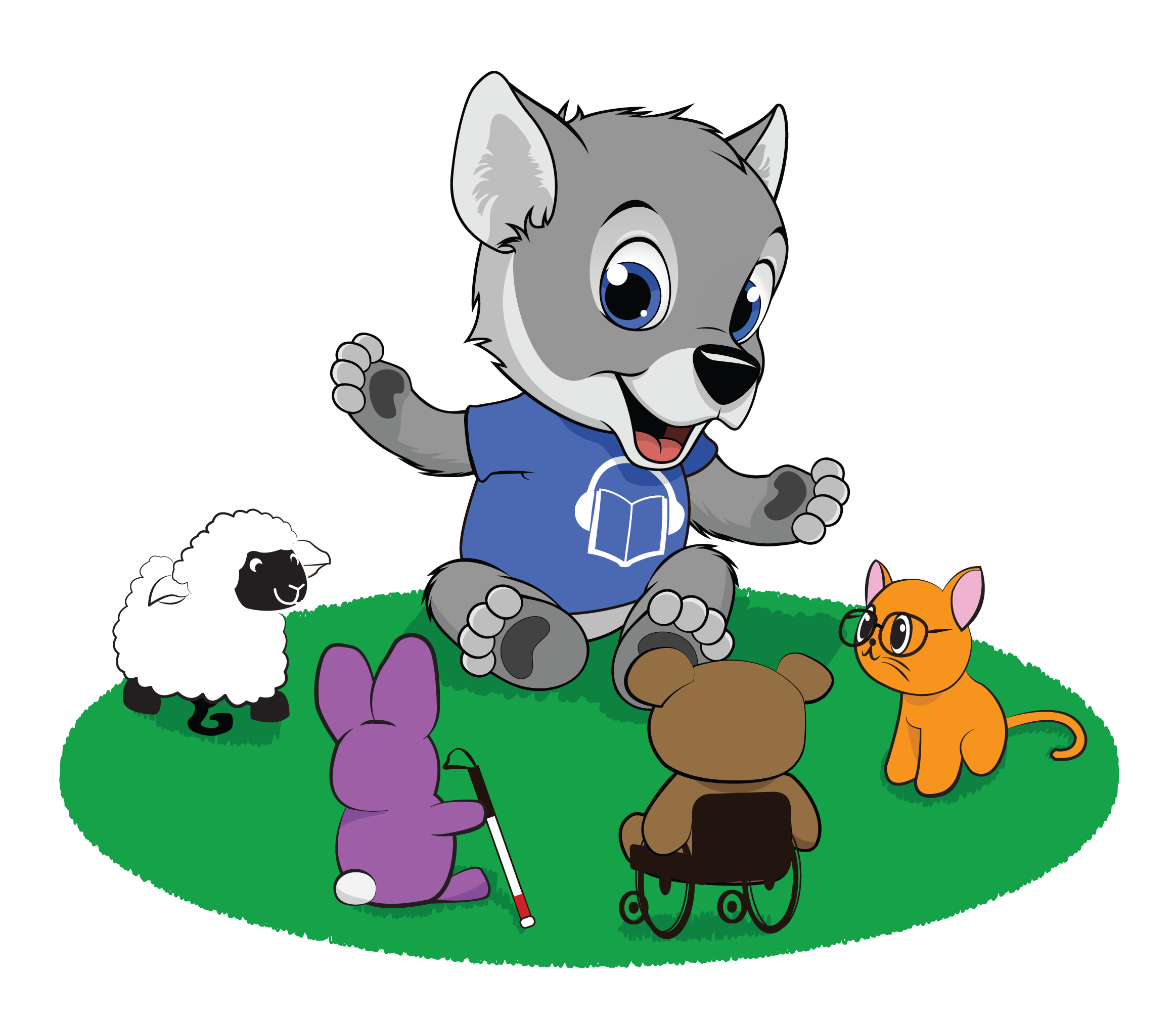That All Children May Read Early Literacy Program

About the Telling a Story Skill
Just as it is important for children to know the parts of a book, it is also important that they understand the parts of a story. In order for children to be ready to learn to read, they must recognize that a story has a beginning, middle, and end. Once they comprehend this concept, children will start verbally communicating their own stories. This oral storytelling encourages children to become fully engaged in a story and helps them build communication skills.
Telling a Story Recommended Readings
Telling a Story Activities
Babies (Birth through One)
- As you feed your baby in the morning, tell them what will happen during the day. First baby wakes up, then eats, next baby plays, then baby eats lunch, next is time for a nap, then it is bath time, and finally time for bed.
- Talk to your baby about the different steps you are taking in what you are doing. This may be how you peel and slice a banana or how you change your baby’s diaper.
- As your baby is babbling, make sure to talk to them. Ask your baby questions and respond to their babbling. This encourages your baby to mimic communication, which will one day lead them to telling their own stories.
Toddlers (Two through Three)
- Encourage your toddler to talk about their day. Prompt your toddler by asking questions. Make sure to give them time to respond.
- Read a story that has a definite beginning, middle, and end like “Dad’s First Day” by Mike Wohnoutka.
- Read a wordless book with your toddler. Make up the story in the beginning while describing the picture, and later on encourage your toddler to make up their own story.
Preschoolers (Four through Six)
- Play dress up or pretend with your preschooler. Encourage them to make up stories about the characters you both are dressed up as.
- Tell your preschooler stories from when you were younger. Engage in conversation with your preschooler, connecting some of your experiences with theirs. Plus, children love hearing stories about when adults were their age.
- Get out your preschooler’s favorite book and read it to them. Before turning to the next page, ask your preschooler what is going to happen next.